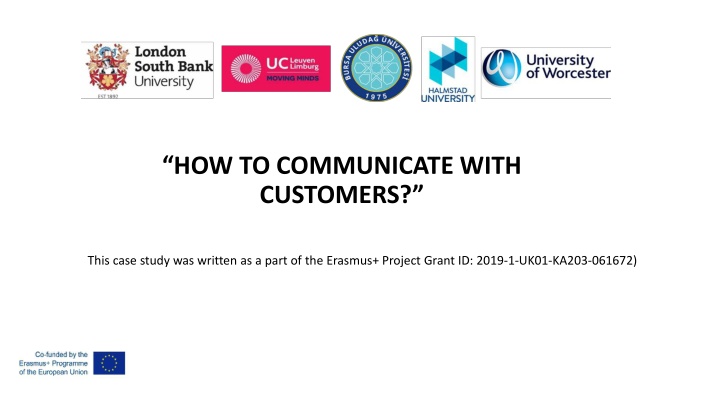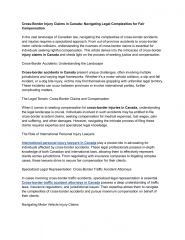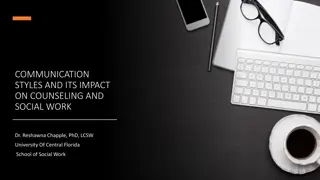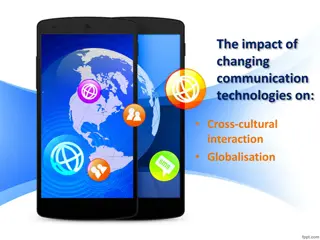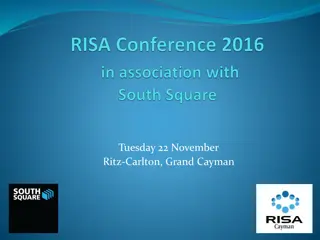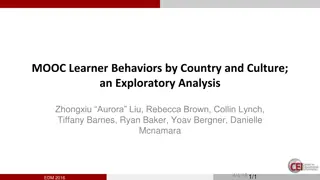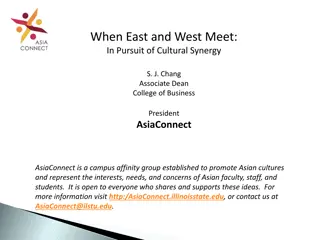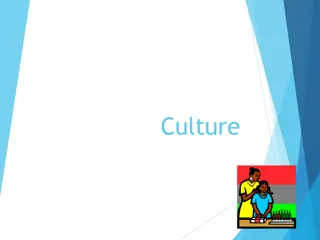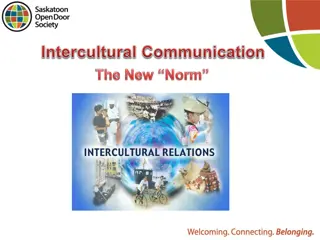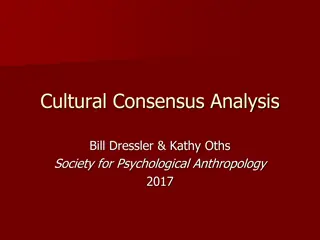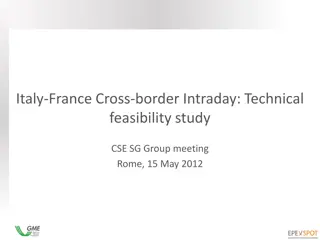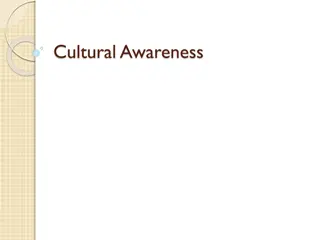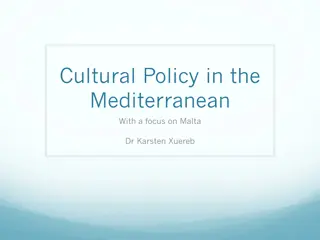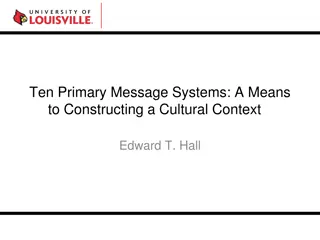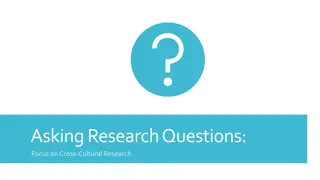Cross-Cultural Communication Challenges: A Case Study Analysis
Explore the impact of cultural differences on communication styles in a case study involving Turkish and French teams. Understand the importance of emotional stability and effective coping mechanisms in cross-cultural environments. Delve into strategies for improving cross-cultural skills and managing difficult emotions at work.
Uploaded on Sep 26, 2024 | 0 Views
Download Presentation

Please find below an Image/Link to download the presentation.
The content on the website is provided AS IS for your information and personal use only. It may not be sold, licensed, or shared on other websites without obtaining consent from the author.If you encounter any issues during the download, it is possible that the publisher has removed the file from their server.
You are allowed to download the files provided on this website for personal or commercial use, subject to the condition that they are used lawfully. All files are the property of their respective owners.
The content on the website is provided AS IS for your information and personal use only. It may not be sold, licensed, or shared on other websites without obtaining consent from the author.
E N D
Presentation Transcript
HOW TO COMMUNICATE WITH CUSTOMERS? This case study was written as a part of the Erasmus+ Project Grant ID: 2019-1-UK01-KA203-061672)
Teaching Objectives Students/learners will be able to: Understand what is emotional stability in a cross-cultural context and how they can learn to cope with negative/difficult emotions. Understand how cultural differences affect the success of cross-cultural team performance. 2019-1-UK01-KA203 061672
The Case Study Read the Case Study provided and consider the following questions: What is the main problem in this case? What is the difference between the two teams (Turkish-French) in terms of communication style? Do you think that different working styles cause problems between cross-cultural partners? How can one cope with these differences? Do you think that controlling difficult emotions in work is an essential cross-cultural skill? How could one improve this skill? What do you think about Renard's attitude towards the situation? What would you do if you were Renard? What do you think about Emre's attitude towards the situation? What would you do if you were Emre? 2019-1-UK01-KA203 061672
References Arora, R., & Rangnekar, S. (2015). Relationships between emotional stability, psychosocial mentoring support and career resilience. Europe s Journal of Psychology, 11(1), 16-33. Bajaj, B., Gupta, R. & Sengupta, S. (2019). Emotional stability and self-esteem as mediators between mindfulness and happiness. Journal of Happiness Studies, 20, 2211-2226. Hills, P., & Argyle, M. (2001). Emotional stability as a major dimension of happiness. Personality and Individual Differences, 31(8): 1357-1364. 2019-1-UK01-KA203 061672
